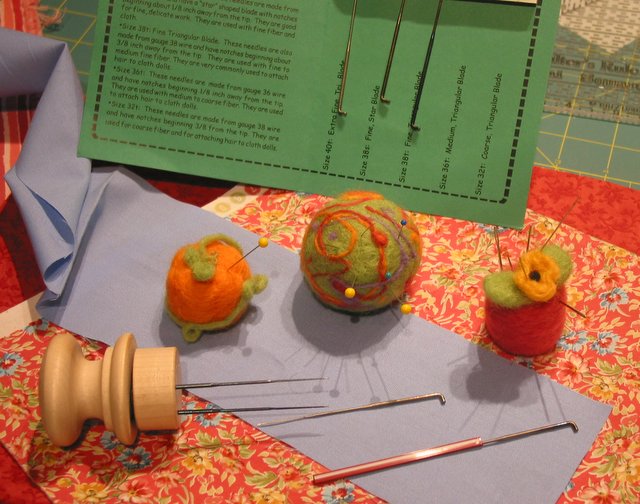Here is a detail from
one of my current projects (I'm losing count of all of the things I've started, all of those PIP's (projects in progress). Love that needle punch!
 Christine Kane
Christine Kane has issued a challenge: Go 5 weeks (it takes 21 days to form a new habit; I don't think I'll ever get there) without complaining, whining, criticizing, or gossiping.
Well, who could question that this is a worthy endeavor? And
who could possibly manage to go 21 days without complaining (or criticizing, whining, gossiping--much less 5 weeks)? The trick, of course, is that when you forget, you just start over. If you have managed one complaint-free day, and then complain on day two, you just start over. If you are five days, ten days into it and forget, you just start over.
Soooo-----I imagine that
I will remain on DAY ONE for the rest of my life. At least if you count my silent whines, the ones that are in my head, but never make it to my lips. I will have to work on a complaint-free morning or a complaint-free afternoon.
Or a complaint-free hour.
Nevertheless, I'm gonna try--knowing full well that I will fail. And fail again. And again. I AM going to try this challenge for a while. It will be interesting to actually track my behavior.
Kane posted this list: 9 Irresistible Reasons to Go Complaint-Free Starting Today:
1 - When you’re complaint-free, you learn to find solutions rather than staying mucked in the problem.
If you don’t offer yourself the option of complaining, then you might start training your brain to actually find solutions and get ideas. As Maya Angelou says, “If you don’t like something, change it. If you can’t change it, change your attitude. Don’t complain.” (note: I love that quote!)
2 - When you’re complaint-free, you shrink your ego.
Complaining builds your ego. It makes your ego stronger because it makes someone or something else wrong. And it makes you right. You become inflated and puffed up. Well, actually you don’t, but your ego does. Ceasing the complaining/criticizing/gossiping habit tells your ego that you are in charge, and that you want to create new habits. (note: I never thought of this, but complaining is a way of laying blame elsewhere)
3 - When you’re complaint free for 21-Days, you’ve started a new habit and created a new you.
4 - When you’re complaint-free, it’s a conversation starter.
Imaginary scenario: Someone rushes into your office to gossip or whine. You get to simply smile and say, “Gosh, you know, I’d love to join in, but I’m in the middle of a Complaint-free Contract. Would you like to look at it?” And the person says, “Huh? What’s that?” Then you get to propel the conversation in a different direction.
5 - When you’re complaint-free, it’s a conversation deepener.
That same person who rushes into your office will listen for a while and then say, “Wow, that’s a really great idea. I always notice how easy it is to complain, and I want to be more self-responsible…” You’ll then share a deeper connection when you each admit that you want to live more happy and focused lives. (note: I some how doubt this, but who knows? I suspect they might look at me, nod, and back out slowly)
6 - When you’re complaint-free, it becomes viral.
You start attracting more positive people to you. The negative people will walk away and just think you’re a complete moron. But then, you’ll start noticing positive curious people coming into your life because you are so much fun to be around.
7 - When you’re complaint-free, you banish lazy thinking.
Think about it - you can’t get much lazier than complaining and gossiping. It’s the same well-worn neural pathway you’ve trudged down day after day, along with 85% of the population. When you’re complaint-free, you find other things on which to focus. With alertness and alacrity, you find new ways of seeing things. (And you get to use words like “alacrity.”)
8 - When you’re complaint-free, you create happiness.
9 - When you’re complaint free with a group, you get to soar on the updraft of the great group energy.
11:24 -- Just started over at hour one!
 I was going to add an apple, a boat, and a car - made the same way with bright fabrics over Timtex. Howevah'--- I don't much like the letters, so this is probably the end of the mobile project.
I was going to add an apple, a boat, and a car - made the same way with bright fabrics over Timtex. Howevah'--- I don't much like the letters, so this is probably the end of the mobile project. or pincushions I made back in 2006.
or pincushions I made back in 2006.  I think maybe some needle-felted creatures (birds, butterflies, weird insects) or even needle-felted letters would make a cute mobile.
I think maybe some needle-felted creatures (birds, butterflies, weird insects) or even needle-felted letters would make a cute mobile.






























